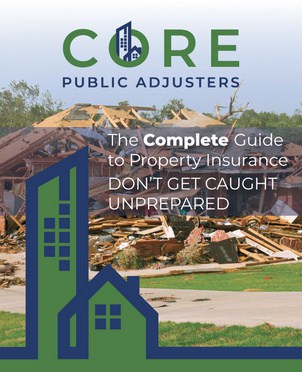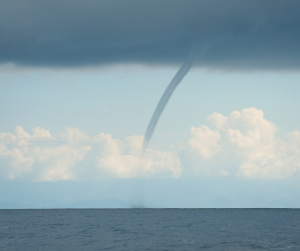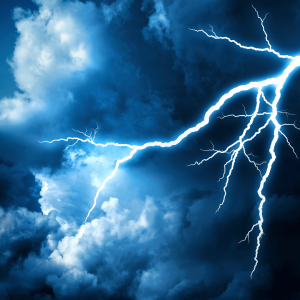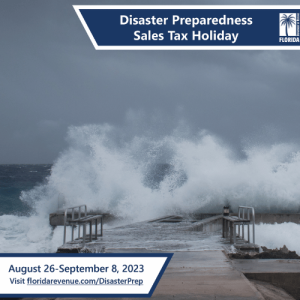Hurricane Ida made landfall on Sunday, August 29, 2021 at approximately 11:55 a.m. CT near Port Fourchon, Louisiana as a Category 4 hurricane with catastrophic winds of 150 mph.
As Florida-based public adjusters, we are more than familiar with the aftermath of hurricanes and the destruction they can cause to property and people’s lives. In this article we share a few of our expert tips for our Louisiana, Mississippi, and Alabama friends who have been harmed by Hurricane Ida. And, for all of you good Samaritans who want to help Hurricane Ida victims, read on for what you should, and should not, do.
Hurricane Ida
NOAA Hurricane Hunters, on NOA WP-3D Orion N43RF Miss Piggy, flew into the eye of Hurricane Ida the morning of August 28, 2021, reporting tornado-level winds of up to 150 mph with some higher gusts.
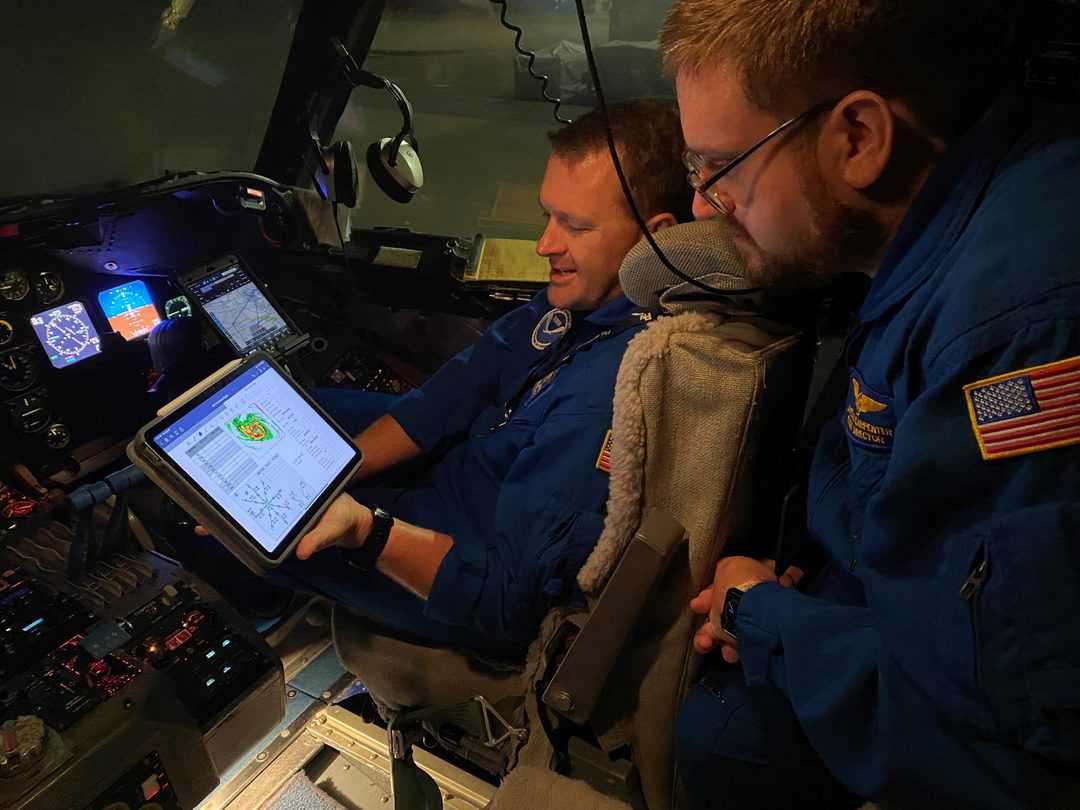
Hurricane Ida, an extremely dangerous Category 4 hurricane made landfall along the Louisiana coast on Sunday, August 29, 2021 with winds of 150 mph. Winds extended 50 miles from the center wreaking havoc to anything in its way including fallen trees and power lines and wind damage to property. Storm surges of 9 feet and greater above ground level caused flooding and flash flooding and extensive water damage to property.
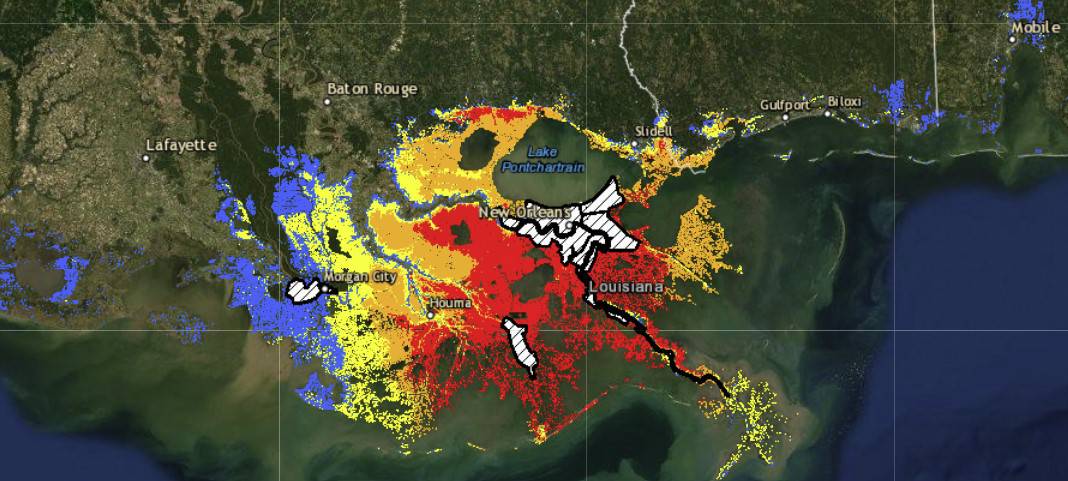
Map color key:
- Red – Greater than 9 feet of flooding above ground level
- Orange – Greater than 6 feet of flooding above ground level
- Yellow – Greater than 3 feet of flooding above ground level
- Blue – Greater than 1 foot of flooding above ground level
- White – Extensive surging in a leveed area with extent of flooding unreported by the National Hurricane Center.
Power outages are expected to last for weeks. Many families will be displaced from their home due to extensive property damage, or will be in their home waiting for repairs to roofs, walls, windows, and interiors.
What should property owners do after Hurricane Ida?
First things first. When it is safe, protect your property from further damage occurring. That means tarping your roof and drying out wet areas of your home. Insurance policy holders have an obligation to do so and it says so in policies. Policies often use the word “mitigate” which means to make less severe or serious, or to lessen the gravity of.
A word of caution: be careful about soliciting contractors who want to do work for you. Check references and be sure they are licensed. Read all paperwork they want you to sign and ask questions if you don’t understand something on the paperwork, especially if they want you to sign what’s called an assignment of benefits contract. Most vendors are honest. However, some are not and will prey on vulnerable homeowners desperate for a quick fix with the promise of no out-of-pocket expenses.
Second, take video and pictures of all your damage. Keep damaged materials that may have fallen from your home, like shutters and shingles, until your insurance claim has been settled to your satisfaction.
Third, contact your insurance provider and report your damage. We always recommend you hire a licensed and reputable public adjuster to help with your insurance claim, especially when it comes to hurricane damage. A public adjuster will manage the process for you, which is a great help, especially if you have no electricity and/or limited cell phone service. A public adjuster will also calculate a much more comprehensive estimate of your loss, considering many factors, which you and your insurance provider may miss. While CORE Public Adjusters serves only Florida property owners at this time, there are plenty of other reputable public adjusters in the area. Check their Google reviews and websites, and ask questions before signing any contract. The Florida panhandle was also impacted by Hurricane Ida. We encourage Florida property owners to contact us for insurance claim assistance if you experienced property damage.
More resources for property owners experiencing hurricane damage:
- Download our free property insurance guide to navigating property damage and insurance.
- Read our property insurance blog articles centered on filing claims and navigating the process.
How can you help after Hurricane Ida?
Many people will have their lives uprooted from Hurricane Ida. No electricity. Ruined belongings. If you want to help victims of Hurricane Ida, thank you. Please consider donating to the Red Cross. Donating cash is the best and most efficient way you can help Hurricane Ida victims. Although you may want to send in-kind items like water, clothing, pet items, food, and teddy bears, please don’t. These types of unsolicited donations pile up and slow down the recovery process for aid workers. The Red Cross recommends holding a garage sale and sending the financial proceeds instead.


